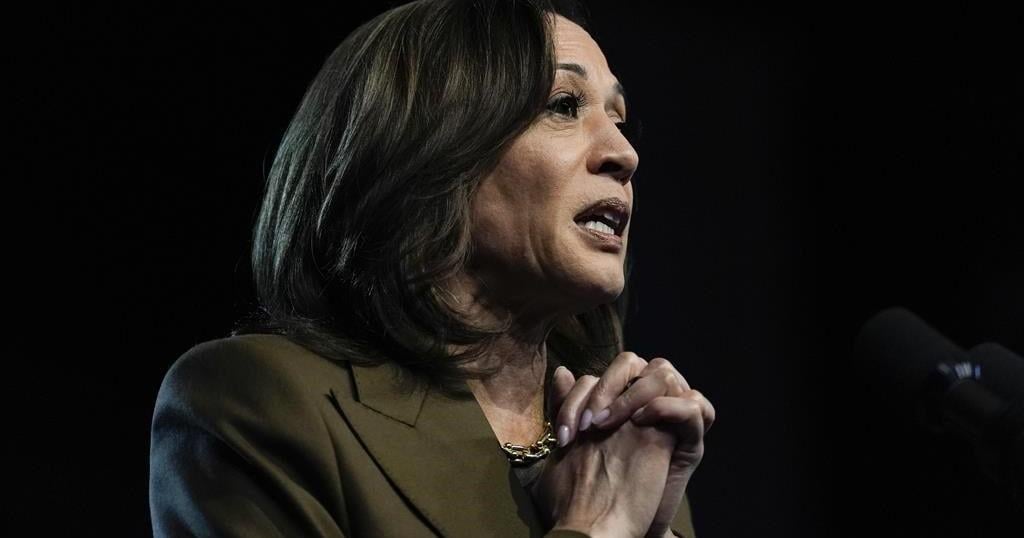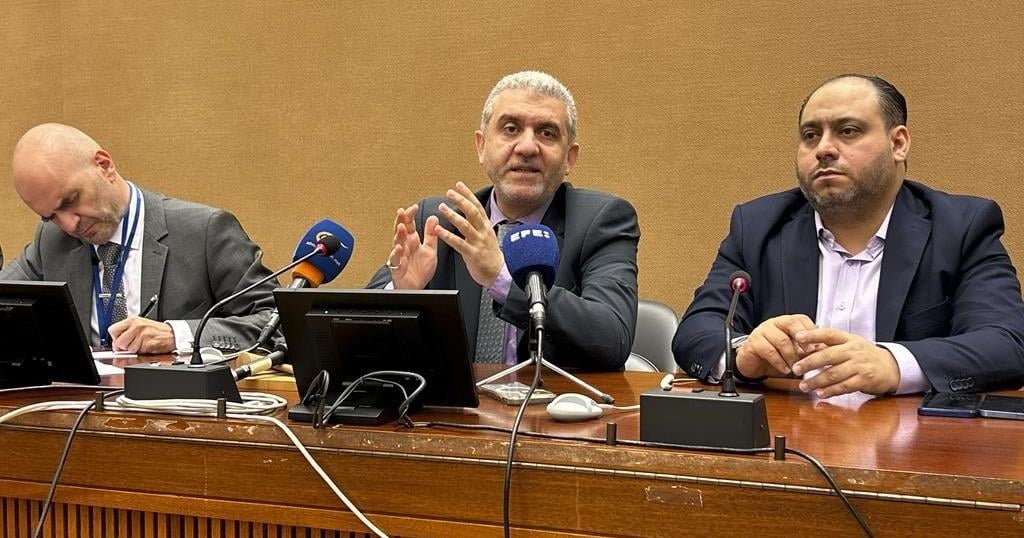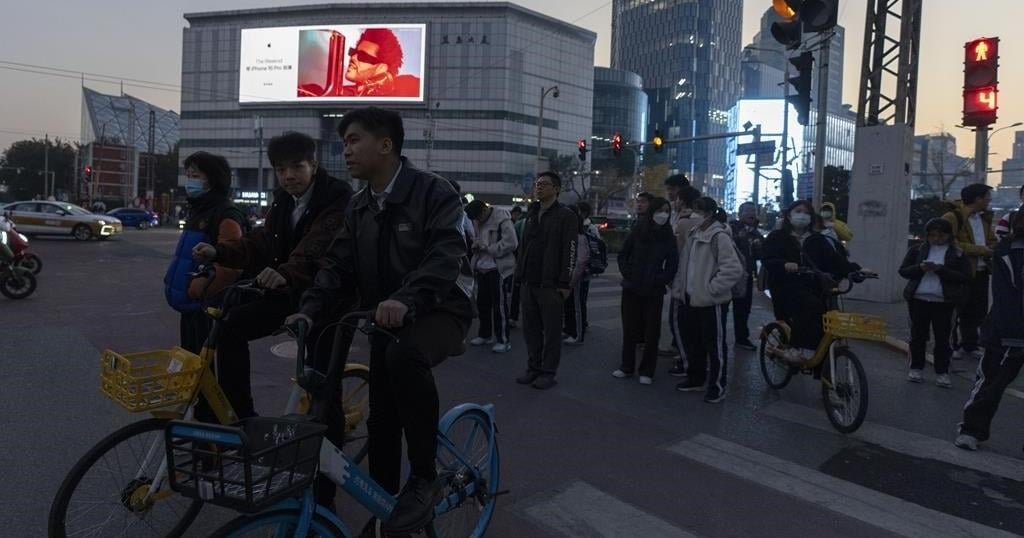WASHINGTON (AP) — Hurricane Helene’s deadly devastation has scrambled the presidential candidates’ campaign plans, with Kamala Harris returning early from a campaign visit to Las Vegas to attend briefings and Donald Trump heading to Georgia to see the storm’s impact.
The death toll surpassed 100 people, with some of the worst damage caused by inland flooding in North Carolina.
In addition to being humanitarian crises, natural disasters can create political tests for elected officials, particularly in the closing weeks of a presidential campaign. North Carolina and Georgia, two of the states hit by the storm, are key battlegrounds in November’s presidential election.
At the beginning of a rally in Las Vegas on Sunday, Harris said “we will stand with these communities for as long as it takes to make sure that they are able to recover and rebuild.”
Trump, speaking in Erie, Pa., on Sunday, described the storm as “a big monster hurricane” that had “hit a lot harder than anyone even thought possible.”
He criticized Harris for attending weekend “fundraising events with her radical left lunatic donors” in California while the storm hit.
“She ought to be down in the area where she should be,” Trump said.
He escalated his criticism on Truth Social, his social media website, where he said that he’s bringing “lots of relief material, including fuel, equipment, water, and other things” to Georgia.
Trump said he wanted to stop in North Carolina but is holding off because access and communication is limited in hard-hit communities. He claimed without evidence that the federal government and the state’s Democratic governor were “going out of their way to not help people in Republican areas.”
Asheville, which was devastated by the storm, is solidly Democratic, as is much of Buncombe County, which surrounds it.
During Trump’s term as president, he visited numerous disaster zones, including the aftermaths of hurricanes, tornados and shootings. But the trips sometimes elicited controversy such as when he tossed paper towels to cheering residents in Puerto Rico in 2017 in the wake of Hurricane Maria.
It also took until weeks before the presidential election in 2020 for Trump’s administration to release $13 billion in assistance for the territory. A federal government watchdog found that officials hampered an investigation into delays in aid delivery.
Trump campaign officials have long pointed to his visit to East Palestine, Ohio, the site of a toxic trail derailment, as a turning point in the early days of the presidential race when he was struggling to establish his footing as a candidate. They believed his warm welcome by residents frustrated by the federal government’s response helped remind voters why they had been drawn to him years earlier.
The White House said Harris would visit impacted areas “as soon as it is possible without disrupting emergency response operations.” She also spoke with Gov. Roy Cooper of North Carolina, and she received a briefing from Federal Emergency Management Agency Administrator Deanne Criswell while she was traveling.
FEMA uses the disaster relief fund to coordinate the federal response to major disasters. It pays for debris removal, the repair of public infrastructure and financial assistance for survivors, among other things. The temporary spending bill passed and signed into law last week pumped about $20 billion into the fund and gave FEMA the ability to spend that money more quickly.
That should help the agency respond to the most immediate needs, but lawmakers from both parties recognize that additional money will be needed in the coming months. Lawmakers are expected to return to Washington shortly after the November election and negotiate a full-year spending bill, when many lawmakers will seek billions of dollars more for the disaster relief fund.
President Joe Biden described Hurricane Helene as “a historic, history-making storm” during remarks at the White House on Monday. He plans to visit areas affected by the storm later this week, with efforts to not disrupt response efforts.
“I want them to know, we’re not leaving until the job is done,” he said.
___
Colvin reported from New York. Associated Press writer Will Weissert contributed from Las Vegas.

























